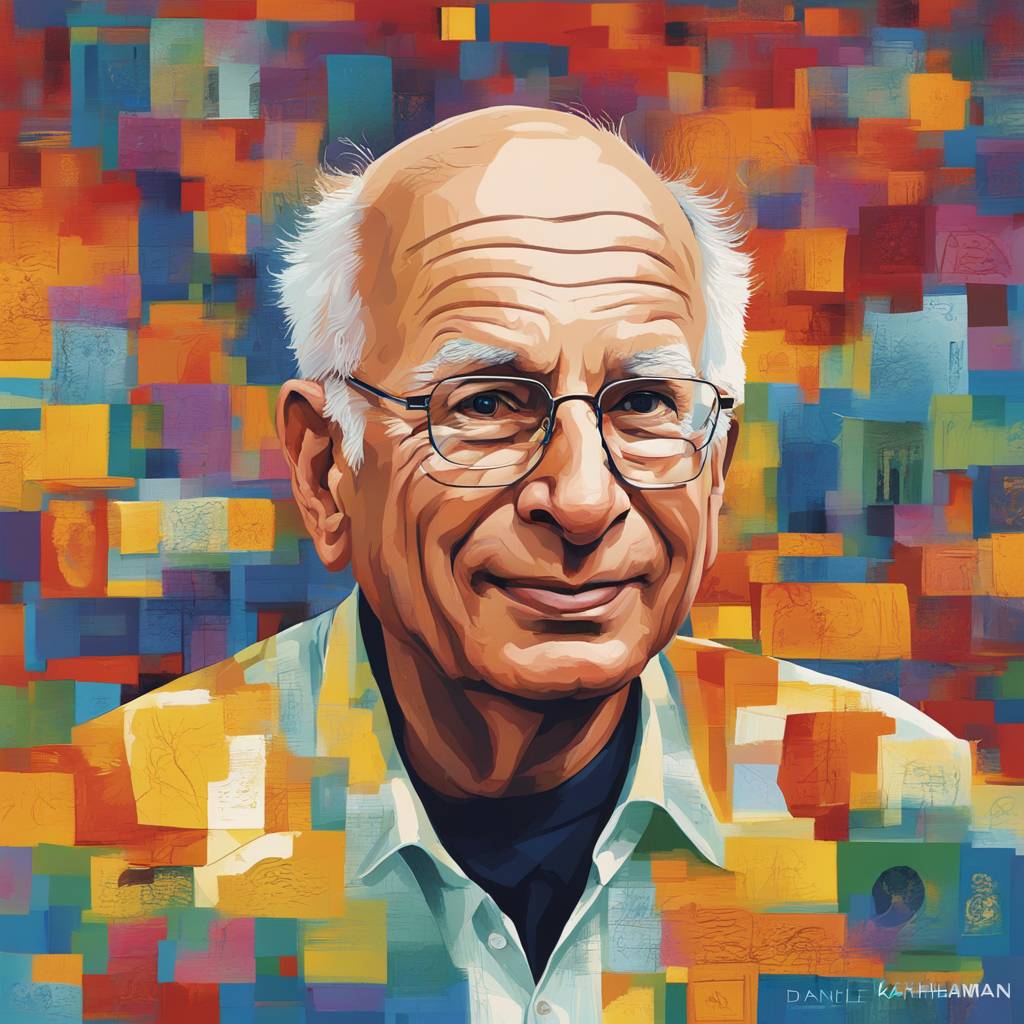Daniel Kahneman, a Nobel Prize-winning Israeli-American psychologist known for his groundbreaking work in behavioral economics, passed away at the age of 90. Kahneman, who joined the faculty at Princeton University in 1993, challenged the idea that human behavior is driven solely by rational decision-making, highlighting the role of instinct and emotion. His best-selling book, “Thinking, Fast and Slow,” further cemented his reputation as a leading figure in the field. Colleagues, such as Eldar Shafir, praised Kahneman’s contributions and mourned his loss.
Kahneman’s early life was marked by upheaval and tragedy. Born in Tel Aviv in 1934 to French parents, he experienced the horrors of World War II firsthand when his family was forced to flee to unoccupied France to escape the Nazi regime. His father was briefly detained by the Nazis before being released, but tragically passed away in 1944. After the war, Kahneman and his mother moved to British-ruled Palestine, just before the establishment of the state of Israel. These formative experiences shaped Kahneman’s perspective and motivated his later research.
Educationally, Kahneman excelled in mathematics and psychology, earning a Ph.D. at Berkeley with a focus on statistics and the psychology of visual perception. Returning to Hebrew University in Jerusalem to teach, he formed a pivotal partnership with fellow psychology professor Amos Tversky. Together, they developed influential models that highlighted the limitations of intuitive reasoning and decision-making under uncertainty. Their work laid the foundation for the field of behavioral economics, integrating psychological insights into economic theory.
In 2002, Kahneman was awarded the Nobel Prize in Economics for his collaborative research with Tversky, who had passed away six years earlier. The Royal Swedish Academy of Sciences recognized their contributions to understanding human judgment and decision-making, particularly in the context of uncertainty. Kahneman’s legacy extended beyond academia, as he helped reshape our understanding of human behavior and decision-making processes. His work continues to influence a wide range of disciplines and has left a lasting impact on the social sciences.
Throughout his career, Kahneman’s research challenged conventional wisdom and shed light on the complexities of human cognition. By exploring the intersection of psychology and economics, he revealed the inherent biases and errors in human decision-making, leading to a deeper understanding of our cognitive processes. His work paved the way for further advancements in behavioral economics and cognitive psychology, inspiring future generations of researchers to explore the intricacies of the human mind.
In reflecting on Kahneman’s life and contributions, it is clear that his work has fundamentally reshaped our understanding of human behavior and decision-making. From his early experiences in war-torn Europe to his groundbreaking research with Tversky and beyond, Kahneman’s legacy endures as a testament to the power of innovative thinking and interdisciplinary collaboration. As we mourn his passing, we also celebrate his enduring impact on the field of behavioral economics and psychology, inspiring scholars and practitioners alike to continue his legacy of challenging assumptions and expanding our knowledge of the human mind.


